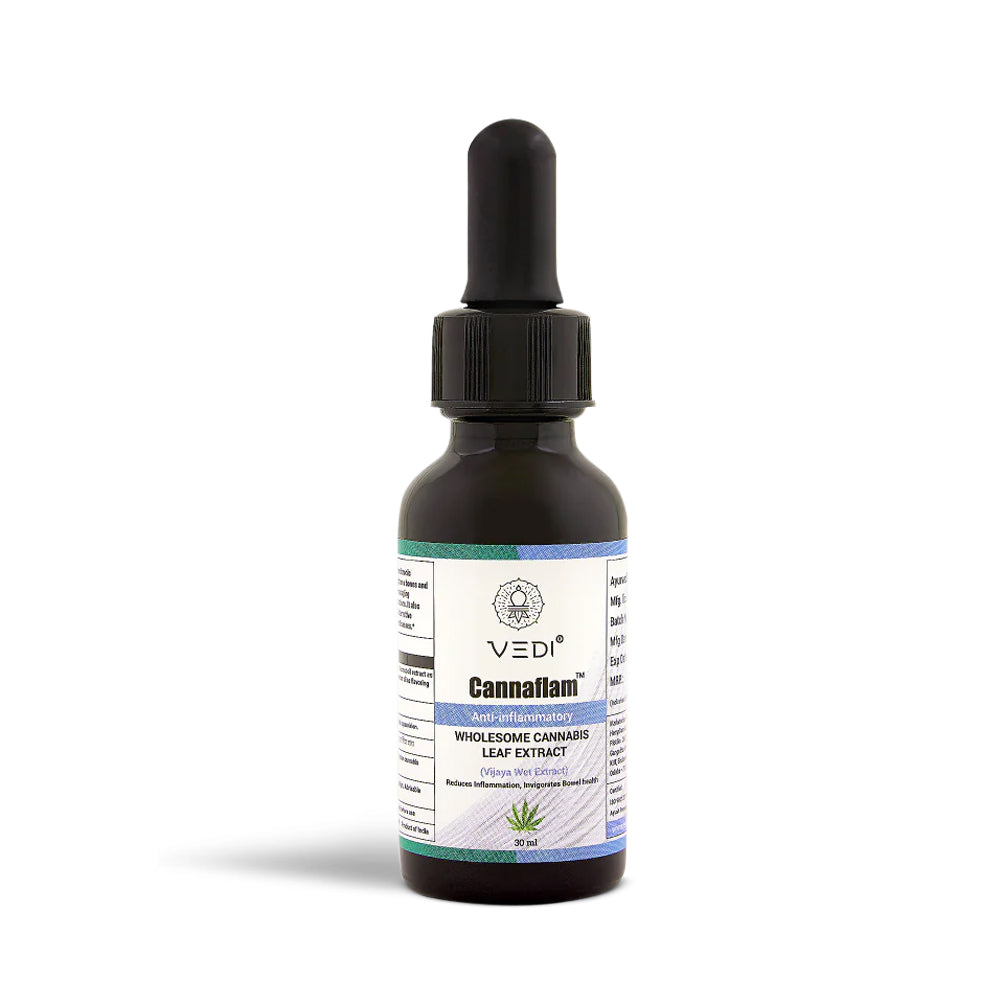Endocannabinoid System and Emotions

What is the endocannabinoid system (ECS)?
The ECS is a self regulating system responsible for establishing and supporting our health. It regulates various physiological and cognitive processes including appetite, mood, fertility, pain, and memory. Its receptors are located throughout the body. Read more about how ECS works here. The given image shows that the ECS has receptors CB1 and CB2, which are present in different areas of the body.

Hormones, Emotions and the Endocannabinoid System
Hormones are chemical messengers released by the body. These messengers relay messages to specific receptors in the body, which in turn triggers emotions. There are many receptors for hormones in the body including CB1 and CB2. Specific hormones act on the ECS receptors and trigger emotions. Detailed below are the actions of some of the hormones.
Acetylcholine-
This hormone is produced by the neurons within the body and is the natural neurotransmitter of the nervous system. It’s job is to produce contraction of skeletal muscles and inhibit the contractions of the heart. This hormone affects the CB1 receptor and triggers the emotion of “I remember.”Anandamide-
Produced in the cell membranes, this hormone reduces hypertension, depression, fear and anxiety. It inhibits the movement of cancer cells and prevents metastasis without negative effects on the immune system. It acts on both CB1 and CB2 receptors and triggers the emotion of “I am at ease”.Serotonin-
This hormone is made in the digestive tract and the central nervous system. It is a neurotransmitter that helps in appetite regulation and bowel movements. This hormone acts on the CB2 receptor and triggers the emotion of “happiness”.Epinephrine-
Produced by adrenal glands the main job of this hormone is to create the fight or flight response. However, if the levels of epinephrine are high in the body it can raise blood pressure, heart rate, and also cause weight loss. This hormone also acts on the CB1 receptor and triggers the emotion of “fright”.Oxytocin-
This hormone is produced in the hypothalamus. Its main job is to stimulate uterine contraction during delivery and stop post-partum bleeding. Research says that lack of oxytocin can also be responsible for autism, eating disorders, social anxiety, schizophrenia and depression. It acts on the CB1 receptor and causes the emotion “I feel for you.” These are just a few that have been detailed. Conditions like parkinson's, ADHD, autism, depression, insomnia, anxiety, schizophrenia and many more have also been linked to emotions and hormones. Well, it is obvious that our emotional condition not only determines our mental state but also the physical state.How can this knowledge help us?
Understanding the interplay of emotions, hormones, and illnesses can be a beacon of light for many (especially the layman). When we experience too many negative or stressful emotions, one need not panic. It helps us interpret that the negative emotion that we are facing is indicative of something not being right. What is important is that we do not ignore our emotions when they linger for long especially the negative ones. It is best to deal with them and seek help at the right time.
Can Cannabis help?
The logical mind will question if cannabis can help treat any of the above-mentioned health problems. The answer is yes! Cannabis can help. Depression, anxiety, insomnia, Parkinson's are some of the conditions where research has proven that Cannabis can make a difference and reduce the symptoms. Read more about how cannabis can help treat depression.
Conclusion Unraveling endocannabinoid system will help us interpret the changes in our body and mind and deal with it appropriately. Always take Cannabis under guidance from a medical practitioner. For prescription, support from an Ayurvedic doctor and understanding more about Cannabis visit here.









